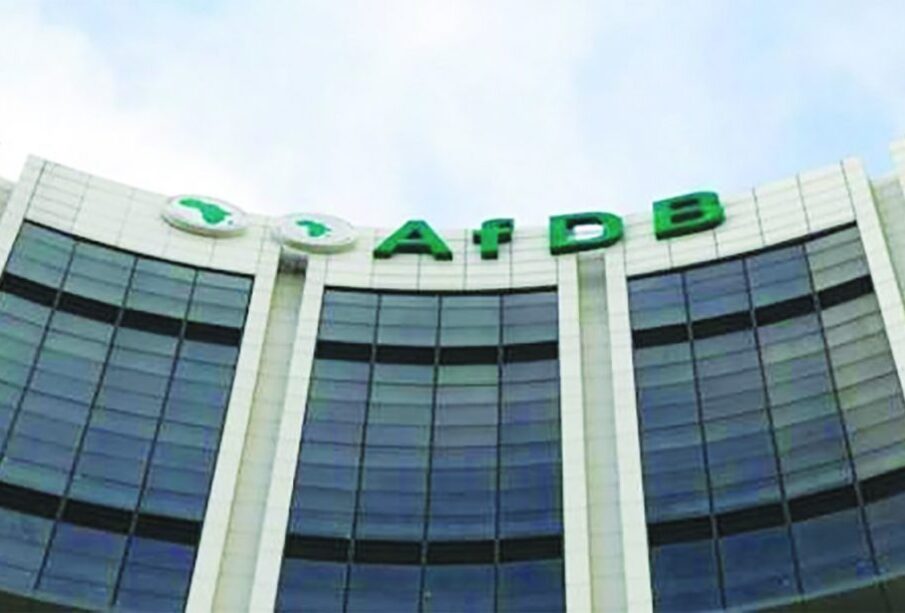Nigeria, others risk social unrest over cost of living crisis – AfDB

AfDB
The African Development Bank has warned that Nigeria, Ethiopia, Angola and Kenya risk social unrest owing to the rising prices of fuel and other commodities.
The AfDB gave the warning in its macroeconomic performance and outlook for 2024 wherein it projected the continent’s economy to grow higher than the 3.2 per cent recorded in 2023.
Nigerians, in some states, including Kano, Niger, Lagos and few others, had protested against the cost of living crisis in the country, which is largely blamed on the federal government’s policies of the petrol subsidy removal and floating of the naira.
The Sultan of Sokoto and chairman of the Northern Traditional Rulers Council, Muhammad Sa’ad Abubakar III, had on Wednesday at the 6th Executive Committee meeting of the Northern Traditional Rulers Council in Kaduna, warned that with millions of Nigerian youths left without jobs and food, the country was sitting on a keg of gunpowder.
The Emir of Kano, Alhaji Aminu Ado Bayero, had, earlier on Monday, said there was serious hardship in Nigeria, asking the First Lady, Senator Oluremi Tinubu, to convey the message of the teeming populace about the hunger in the land to the president.
The emir spoke when Mrs Tinubu visited Kano to officially open the Faculty of Law building at the Maryam Abacha American University, Kano named after her.
The Minister of Agriculture and Food Security, Abubakar Kyari, had on Wednesday assured Nigerians that the government would distribute the 42,000 metric tonnes of grains free of charge.
The Nigeria Labour Congress (NLC) had, on Friday, declared a two-day nationwide mass protest on February 27 and 28. The NLC president, Joe Ajaero, said the decision to protest was taken after the expiration of the 14-day ultimatum earlier issued to the government over the nationwide hardship.
The AfDB, at the weekend, warned that internal conflicts could arise from an increase in energy and commodity prices occasioned by currency depreciation or subsidy removal referencing Nigeria, Angola, Kenya and Ethiopia, where energy subsidies were removed.
It stated, “Internal conflicts and violence could also result from rising prices for fuel and other commodities due to weaker domestic currencies and reforms.
“For instance, the removal of fuel subsidies in Angola, Ethiopia, Kenya and Nigeria and the resulting social costs has led to social unrest driven by opposition to government policy.”
The bank also said the increase in geopolitical tensions in Eastern Europe and the Middle East, coupled with the El Nino phenomenon, could trigger supply chain disruptions, which could exacerbate energy and food inflation across the world with Africa more vulnerable to these shocks.
The AfDB further warned that regional conflicts and political instability occasioned by disruptions in constitutional governments could have deleterious economic costs with resources meant for development and social support channeled into security and defence.
It also cautioned that an unconstitutional takeover of the government might lead to sanctions, which have negative implications for the economy.











